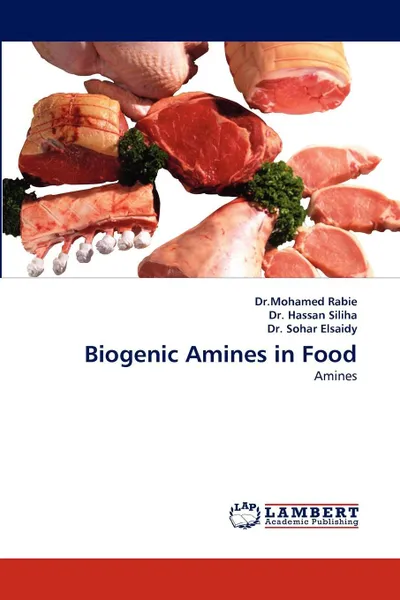Biogenic Amines in Food 12+
2010
88 страниц
Категория: Научная литература
ISBN: 9783838353838
Язык: Английский
📘 In fermented foods, the presence of BAs is due to the decarboxylase activity of the lactic acid bacteria (LAB) used as starter culture, and to the action of some spoilage bacteria. In non-fermented foods, the presence of BAs is only indicative of undesired microbial activity. Therefore, the amine level could be used as an indicator of microbial spoilage. The amounts of histamine, putrescine, and cadaverine usually increase during spoilage of fish and meat. Early detection of BA- producing bacteria is essential in the food industry, in order to avoid the risk of amine formation and, subsequently, a cause of food-borne disease. Several methods exist for isolation, identifying, and determination of biogenic amines in fermented foods.
Мнения
